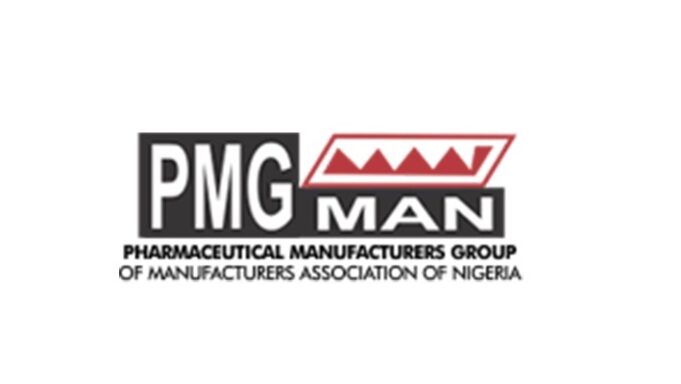The Pharmaceutical Manufacturers Group of the Manufacturers Association of Nigeria (PMG-MAN) has disclosed the reasons behind the exit of some pharmaceutical multinationals from the country.
Some multinational pharmaceutical companies, including GlaxoSmithKline and Sanofi Nigeria Limited, exited the country within the past year.
GlaxoSmithKline (GSK) discontinued operations in Nigeria in August 2023, ending its 51-year existence in the country, while French pharmaceutical manufacturing company, Sanofi, exited Nigeria in November 2023.
Speaking at a press conference on Sunday, July 14, 2024, in Lagos on the forthcoming 7th Edition of the Nigeria Pharma Manufacturers Expo (NPME) billed to hold on September 4 and 5, the PMG-MAN bemoaned the paucity of foreign exchange in the country, saying it had negatively affected the local pharmaceutical industry.
The group attributed fluctuations in foreign exchange as the major reason for the exit of some pharmaceutical multinationals from Nigeria.
The Chairman of the Local Organising Committee (LOC), NPME 2024, Patrick Ajah, said for the domestic pharmaceutical industry to progress, a stable exchange rate is essential.
Ajah, a Pharmacist and the Managing Director of May & Baker, stated that many companies are also on standby for the implementation and take-off of the recently announced Executive Order.
It would be recalled that President Bola Tinubu, on June 29, signed an Executive Order removing tariffs and Value-Added Tax (VAT) on pharmaceutical imports.
The order introduces zero tariffs, excise duties, and VAT on specialised machinery, equipment, and pharmaceutical raw materials to bolster local production of essential healthcare products.
The order has yet to take effect.
Ajah said: “Unless the value of naira is fixed, achieving the country’s target of 70 per cent in local drug manufacturing will remain a mirage.
‘Why’re we not solving problems’: Obi decries int’l companies exit
“The government will need to do certain things to achieve 70 per cent local drug production.
“The recent fluctuations in the value of the naira have made it difficult for companies to plan and invest.
“This is one major reason why multinational companies are leaving. It’s not the fear of subsidy removal.
“If we didn’t tamper with the currency, all the multinational companies would be here and they would still be making more investment.
“But, if somebody brought his money, when they were bringing the money, and all the money from outside by multinational companies will have to go through the banking system.
“I’m telling you because I was involved in it.
“And when it gets through the banking system, it will be at official rate.
“So, you brought in money to come and build a facility at the exchange rate of N316, and now you’re going to be remitting the money at N1,500 and something, and you can’t even find the dollar.
“Many companies will not be able to cope. So fixing our exchange rate is going to be the one single thing that will immediately reset where we are.”
Ajah, therefore, called for increased government support for the local pharmaceutical industry.
According to him, with the right support, Nigeria can produce 70 per cent of the medicines it consumes.
Citing India as an example, he said the country supported its domestic pharmaceutical industry, noting that India, today, is notable for drug manufacturing.
“The Indian government has provided financial and technical assistance to local manufacturers, and has even intervened to secure technology from other countries,” Ajah added.
- ‘I wish him well’: Tinubu accepts Ngelale’s indefinite leave - September 7, 2024
- AFCON qualifiers: Lookman nets brace as Nigeria whip Benin Republic 3-0 - September 7, 2024
- FG to establish blood collection centres in 774 LGAs - September 7, 2024










